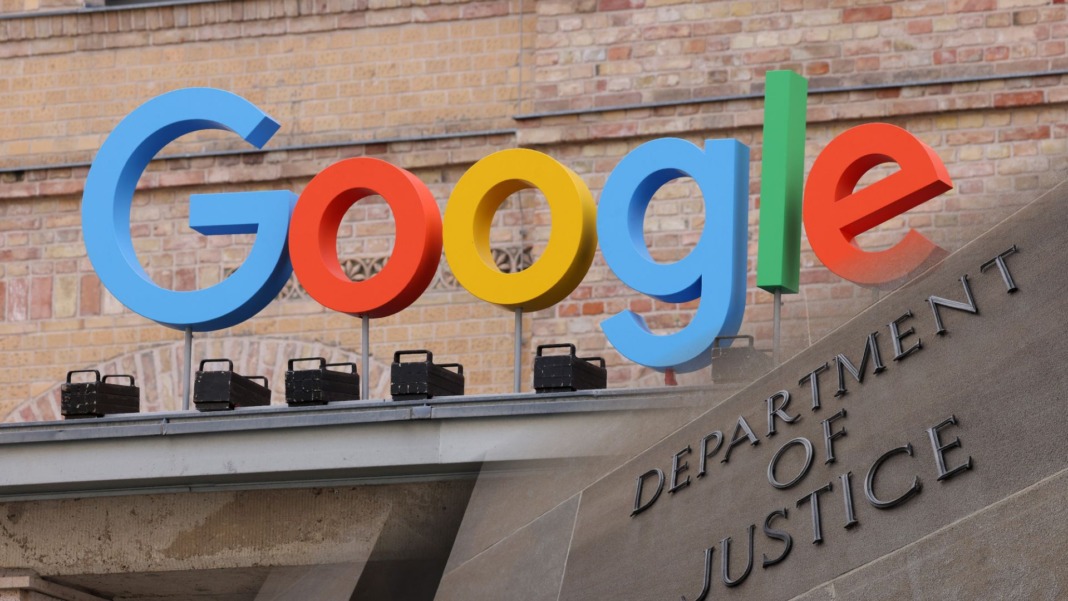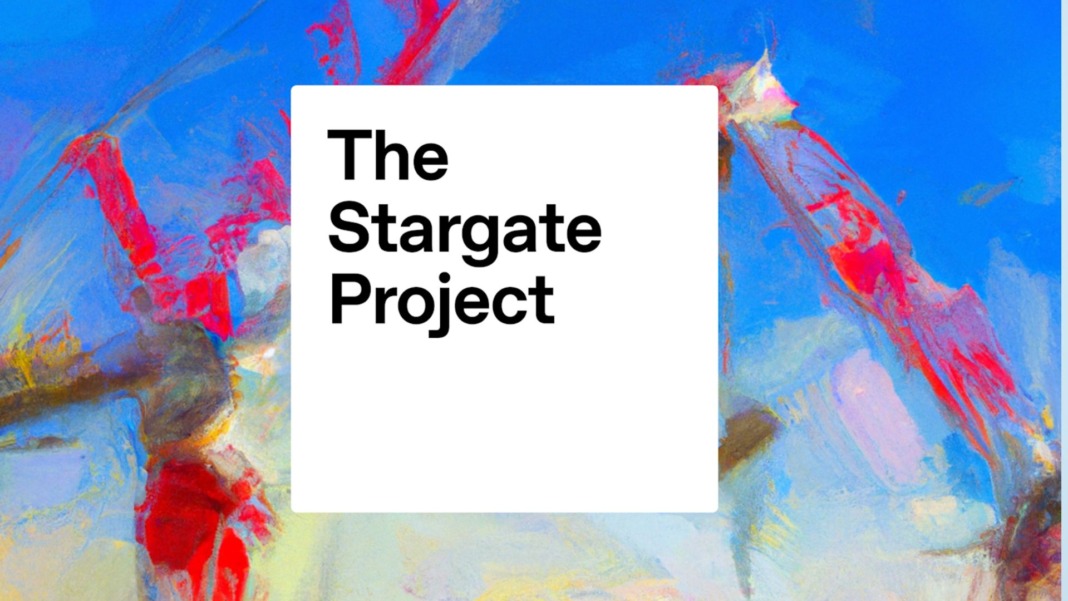A US federal judge ruled that Google broke antitrust laws by using its power to control the advertising technology (adtech) market unfairly. This decision follows a two-year legal battle that began when the US government and eight states sued Google, claiming it had built a monopoly in the digital ads industry.
Now that the court has concluded, a new schedule will be set for hearings to decide how Google should be punished. These hearings will look at possible remedies for the violations.
Google may be forced to break up its ad business
One possible outcome is that Google could be forced to sell parts of its ad business. This could include Google Ad Manager, which contains AdX (an ad exchange) and DFP (DoubleClick for Publishers), the tool many publishers use to manage website ads.
Another option is that Google may be allowed to keep its ad business but face new rules. These could include restrictions to stop Google from giving unfair advantages to its tools in ad auctions. For example, Google could be banned from favouring its ad exchange or demand when competing for ad space.
This case is separate from another ongoing antitrust case against Google about its dominance in internet search. In that case, another judge already ruled that Google had illegally taken control of the search market. However, remedies for that case won’t be announced until mid-2025.
In her written opinion, Judge Leonie M. Brinkema said that the court did not find enough evidence to support claims that Google held monopoly power in the “open-web display advertiser ad networks.” These networks help advertisers place display ads across websites outside closed platforms like Facebook, Instagram, and Google Search.
Still, the judge agreed that Google broke the law by linking two of its adtech products together – DFP and AdX – in a way that harmed fair competition. This kind of action, known as “unlawful tying,” is seen as a misuse of monopoly power. The court found that Google unfairly used its control over these tools to gain an edge in the publisher side of the adtech business.
Google plans to appeal part of the ruling
Google has responded to the ruling, saying it disagrees with part of the decision. Lee-Anne Mulholland, Google’s vice president of regulatory affairs, stated: “We won half of this case, and we will appeal the other half. The Court found that our advertiser tools and acquisitions, such as DoubleClick, don’t harm competition. We disagree with the Court’s decision regarding our publisher tools. Publishers have many options and choose Google because our ad tech tools are simple, affordable and effective.”
The US Department of Justice, along with eight states—California, Colorado, Connecticut, New Jersey, New York, Rhode Island, Tennessee, and Virginia—brought the case against Google in January 2023. They claimed that Google used its power in the digital ad market to crush competition and increase profits.
The lawsuit said Google gained too much control after it bought DoubleClick in 2008, giving Google a firm hold on digital advertising. It then bought AdMeld in 2011, helping it take over even more of the market, especially on the supply side—where ads are offered and sold. The government argued that this allowed Google to push up ad prices and take bigger cuts from each sale, which hurt publishers and advertisers alike.
The trial began in September 2024 and lasted three weeks. Both sides made their final arguments at the end of November. The next step will be a court hearing to decide what action Google must take to fix the situation.




